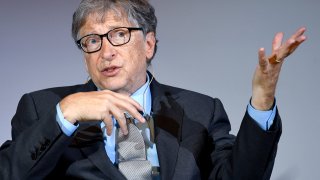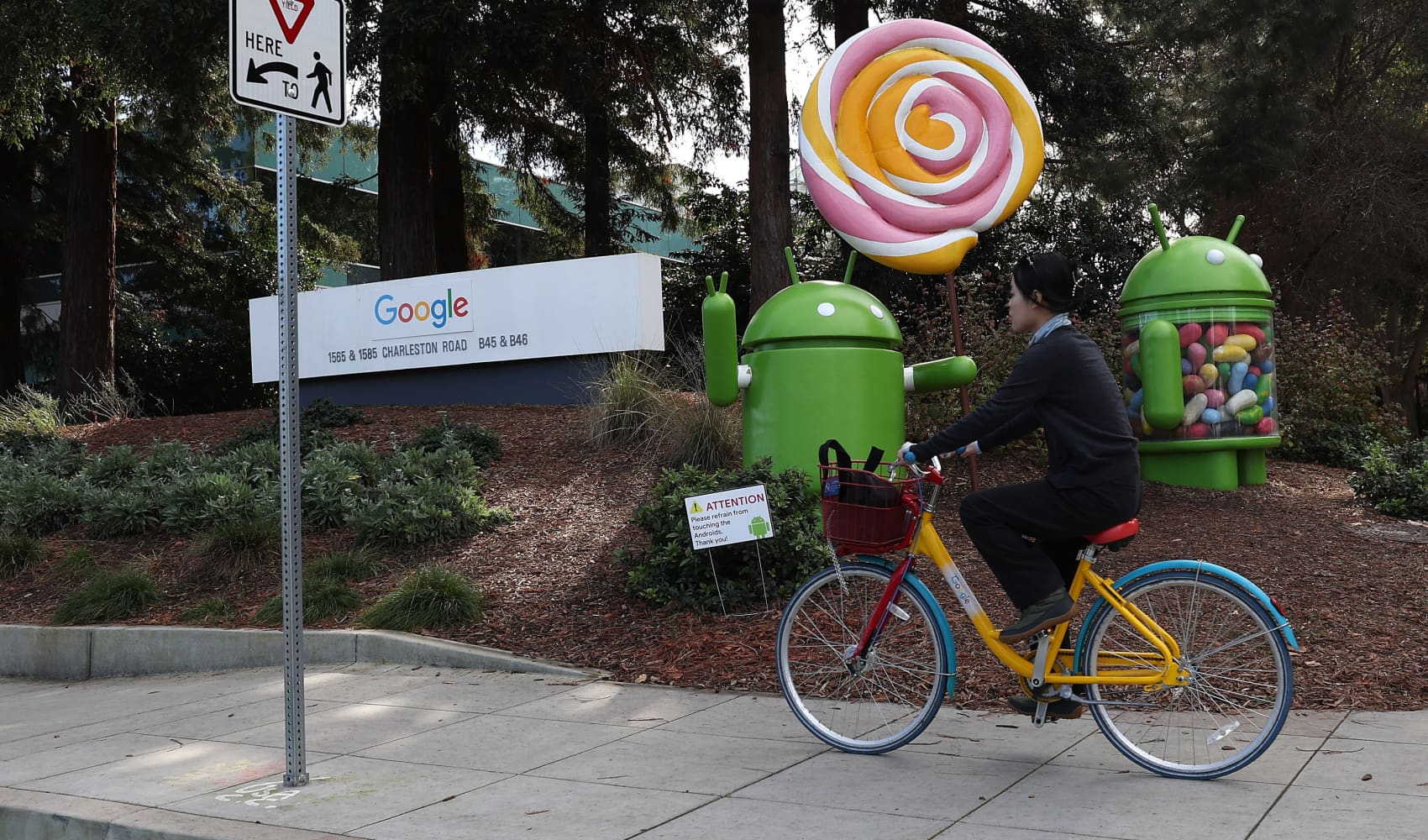
- Governments and businesses that are serious about giving all members of society access to financial services should put their resources toward women, Bill Gates has said.
- Reaching women is "absolutely critical" to ensuring finances trickle down to other parts of society, he said at Singapore FinTech Festival.
- The Bill and Melinda Gates Foundation works with governments and central banks to improve financial inclusion in developing countries.
Women are vital to ensuring finances — and financial education — trickle down to other parts of society, said billionaire philanthropist Bill Gates.
Governments and businesses serious about giving all members of society access to financial services should gear their resources toward women, the Microsoft co-founder said at the Singapore FinTech Festival on Tuesday.
"It's absolutely critical," Gates, noting that women are typically responsible for family-supporting finances.
"The benefits of getting the money under her control mean that it's more likely to be used for nutrition and education and things that will drive that family out of poverty," he said at this year's virtual conference.
Improving inclusivity globally
Financial inclusivity, which refers to granting more people access to financial services, remains a key challenge for communities across the globe.
Money Report
Just 35% of people in low income countries have access to a bank account. That compares to 58% to 73% in upper- to lower-middle income countries, and 94% in high-income countries, according to the World Economic Forum. Among women, those levels are lower.
The pandemic has only highlighted that shortfall, as governments have struggled to get financial aid to the most needy amid nationwide lockdowns.
"You know, it's important to remember how far away we are from universal financial inclusion," said Gates.
Investing in digital solutions
Via his non-profit organization the Bill and Melinda Gates Foundation, Gates has for several years been working with governments and central banks to improve financial inclusion in developing countries.
In particular, that has included introducing digital solutions, which Gates said can help such nations catch up with — or perhaps leapfrog — advanced countries with existing legacy systems.
"A lot of our time is spent with central bankers and making sure they see what the pioneers have done," said Gates.
To that end, the foundation is funding digital identity solutions, such as India-based MOSIP, an openly accessible software that allows governments to create digital identities for their citizens to help distribute resources. So far, reception to such technologies in countries ranging from Nigeria and Ethiopia to Indonesia has been high, according to Gates.
"We think over the next five years, most of the central banks will say okay, they can do this, because most of the building blocks are accessible and there's almost a straightforward way that they can get their citizens all connected up," he said.
Gates said his foundation aims to bring financial inclusion to two-thirds of the global population within a decade.






